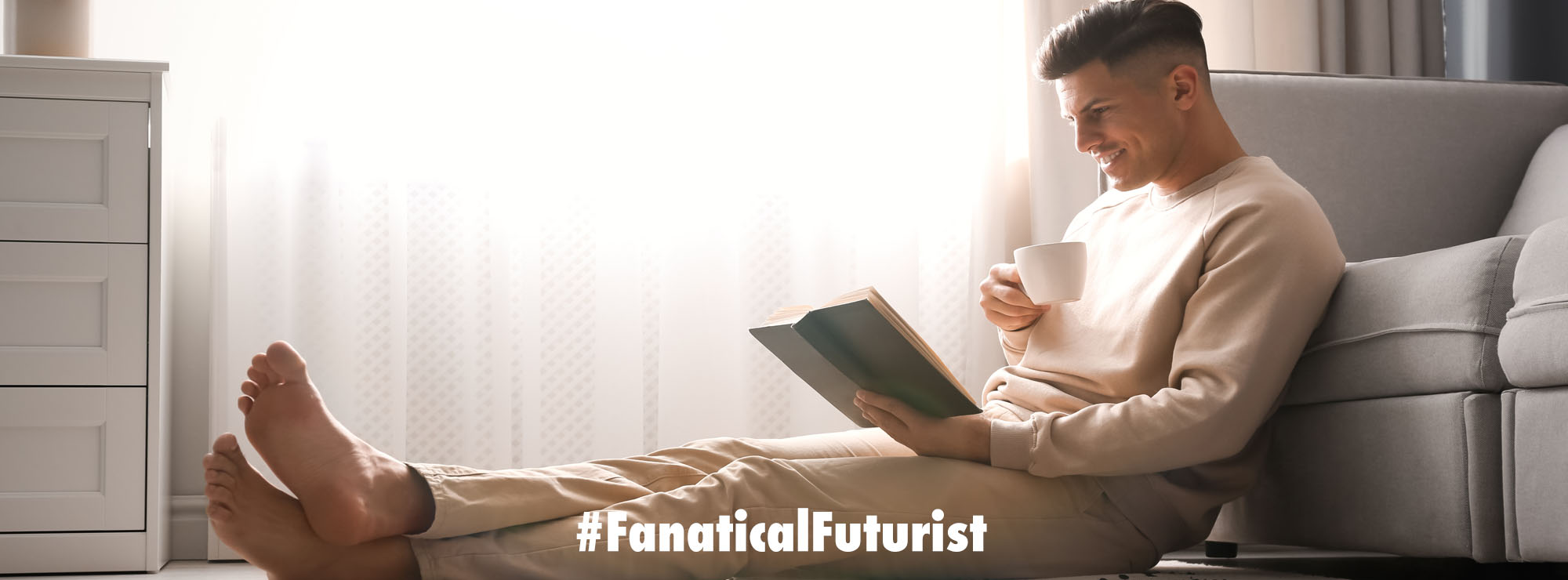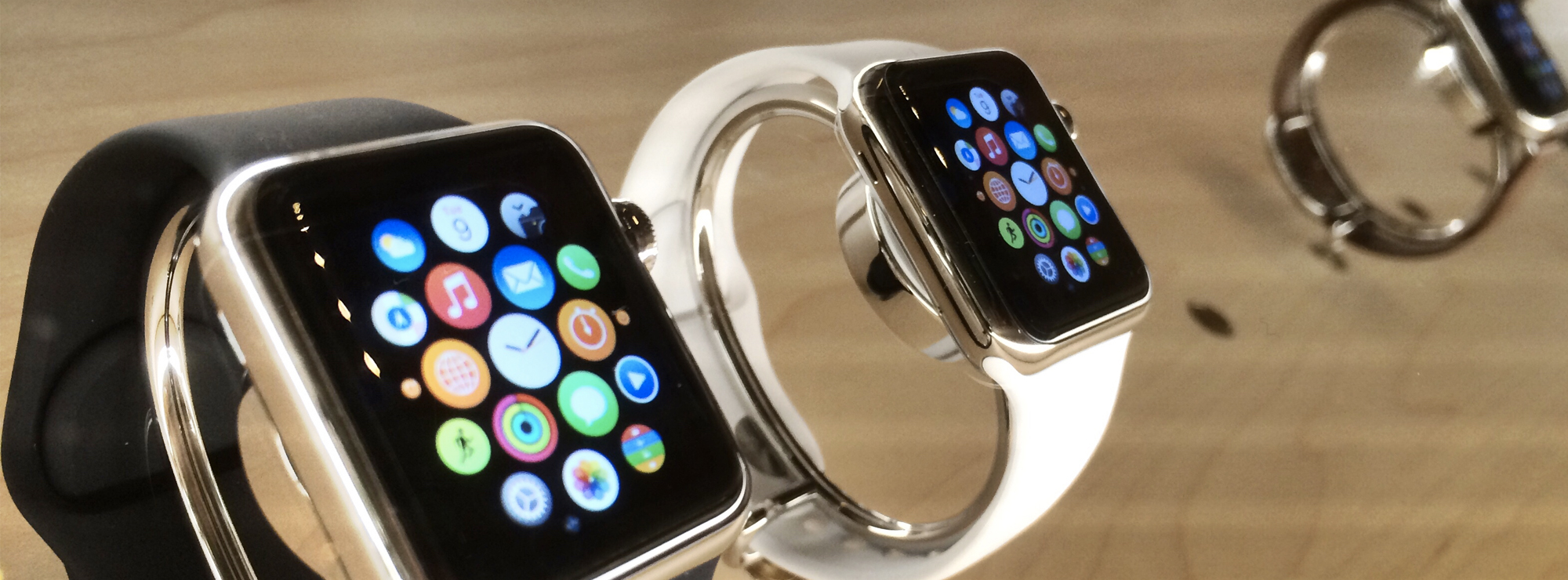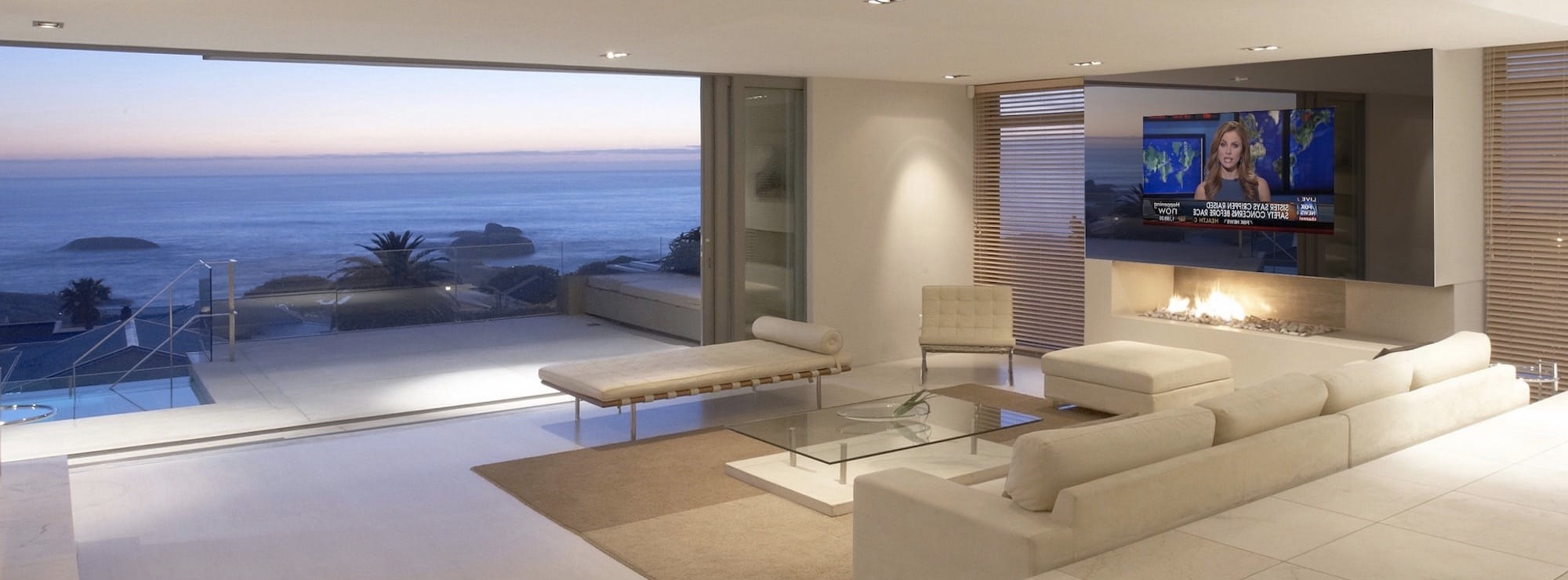
[inlinetweet prefix=”” tweeter=”@mgriffin_uk” suffix=”#ConnectedHome #IOE #IOT #Future”]Hot on the heels of BYOD comes BYOC[/inlinetweet]
The Internet of Everything and the Connected Home have long promised us the ability to personalise our own environments but it’s always been an aspiration, even for companies like WeWork who’ve long seen it as a way to help them personalise their city co-working spaces and provide their occupants with even more value. Now architect studio Carlo Ratti Associati (CRA) is kitting out an office building in their home town of Torino, Italy with sensors and control systems that allow office workers to automatically adjust lighting, heating and humidity according to their own individual preferences. The hope is that not only will “Office 3.0”, as it’s coming to be known, provide occupants with a more comfortable work environment but that it will also significantly reduce energy consumption.
“Today, a lot of energy is wasted heating or cooling empty buildings,” says CRA founder Carlo Ratti “and by synchronising energy use and human occupancy within buildings we can create a more sustainable, comfortable and responsive office space.”
The new system will gather occupancy, temperature, humidity and CO2 concentration information from sensors installed around the building and then, using a mobile app, individuals will be able to set their preferred temperature and humidity while an internal positioning system, which CRA describes as being similar to GPS, track them as they move around the building tailoring the environment according to their preferences on the fly, creating in essence what amounts to a “climate bubble” that follows individuals around.
Over time the system will learn the behaviours of the building’s occupants and provide insights into the occupancy levels of different rooms and different areas which will help companies make informed decisions about how the office can be reconfigured when the time comes. Movable glass walls, sound absorbing curtains and foldable partitions complete the picture and make it possible to change a large open space into a series of small meeting rooms each with their own personalised climate.
















